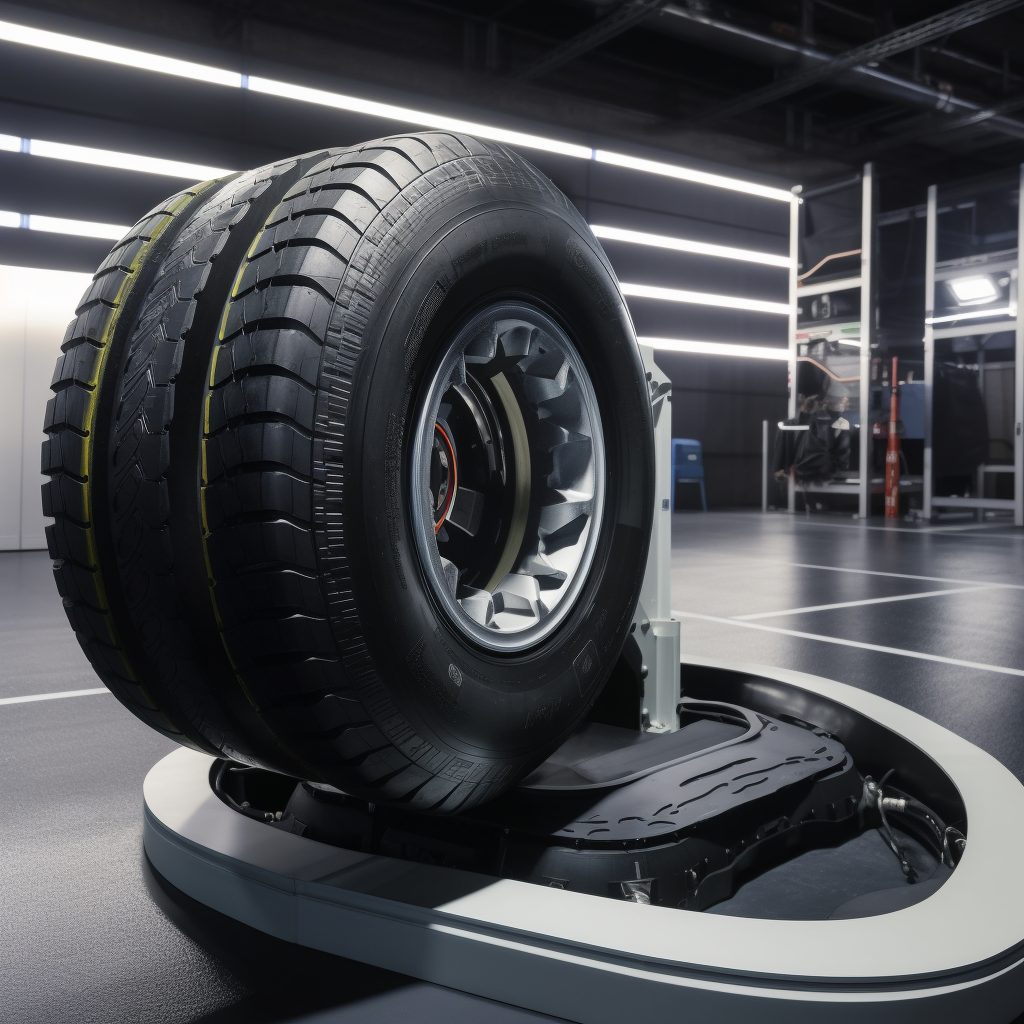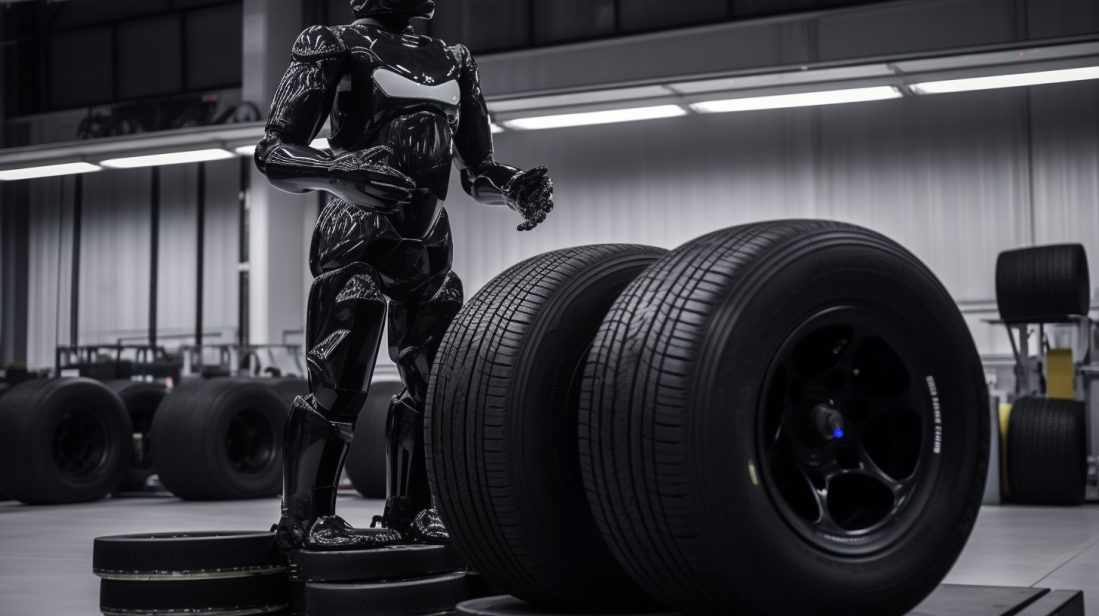The Latest Tire Industry Trends and Innovations
The tire industry is undergoing constant evolution, fueled by technological advancements, shifting consumer preferences, and environmental considerations. In this blog post, we delve into the latest trends shaping the tire industry landscape.
Sustainable Materials Drive Eco-Friendly Tires
In response to the growing emphasis on sustainability, tire manufacturers are actively incorporating eco-friendly materials. Natural rubber, rice husk ash, and soybean oil are gaining prominence as manufacturers strive to create tires with a reduced environmental impact.


Electric and Autonomous Vehicles Shape Tire Design
As electric and autonomous vehicles gain traction, tire manufacturers are proactively tailoring their products to meet the unique requirements of these innovative vehicles. This adaptation involves developing tires that boast enhanced efficiency, reduced noise levels, and an extended lifespan.
Advanced Tire Sensor for Real-Time Data
The surge in connected vehicles has led tire manufacturers to integrate advanced sensors into their products. These sensors offer real-time insights into tire pressure, temperature, and tread wear. This real-time data empowers drivers to optimize their driving experience, enhancing both safety and performance.


3D Printing Unleashes Customized Tire Designs
Incorporating 3D printing technology, the tire industry is venturing into the realm of customized tires. This technology allows manufacturers to craft tires tailored to individual vehicles and driving styles, promoting improved performance and safety through intricate and complex designs.
Embracing Smart Tire Technology
Smart tires, equipped with sensors and electronics, establish communication with other vehicle systems, such as the engine and brakes. Providing real-time information on tire pressure, temperature, and other vital factors, smart tires contribute to enhanced safety and improved fuel efficiency for drivers.


Run-Flat Tires Ensure Continued Functionality
Designed to persevere even after a puncture or damage, run-flat tires empower drivers to maintain control and reach a safe location without the hassle of changing a tire on the roadside.
Non-Pneumatic Tires: A Revolution in Airless Functionality
Non-pneumatic tires, also known as airless tires, are revolutionizing the industry by eliminating the need for air pressure. Crafted from materials that enhance durability and reduce maintenance costs, these tires are gaining favor in specific applications.

In conclusion, the tire industry’s dynamic nature demands a keen eye on evolving trends and innovations. Staying abreast of these changes positions manufacturers and wholesalers to stay ahead in the competitive landscape, delivering high-quality, innovative products that align with the specific needs of their customers.

